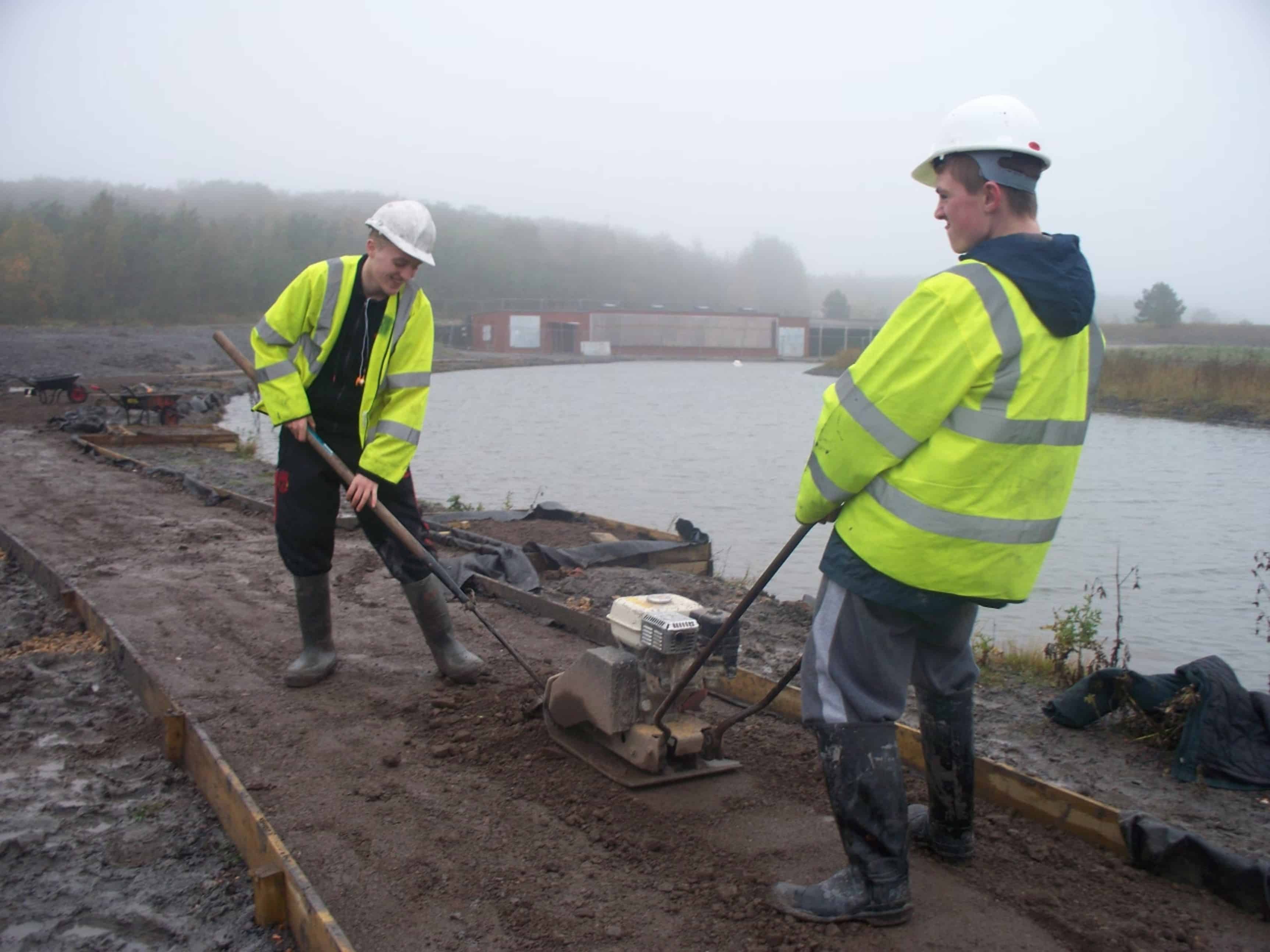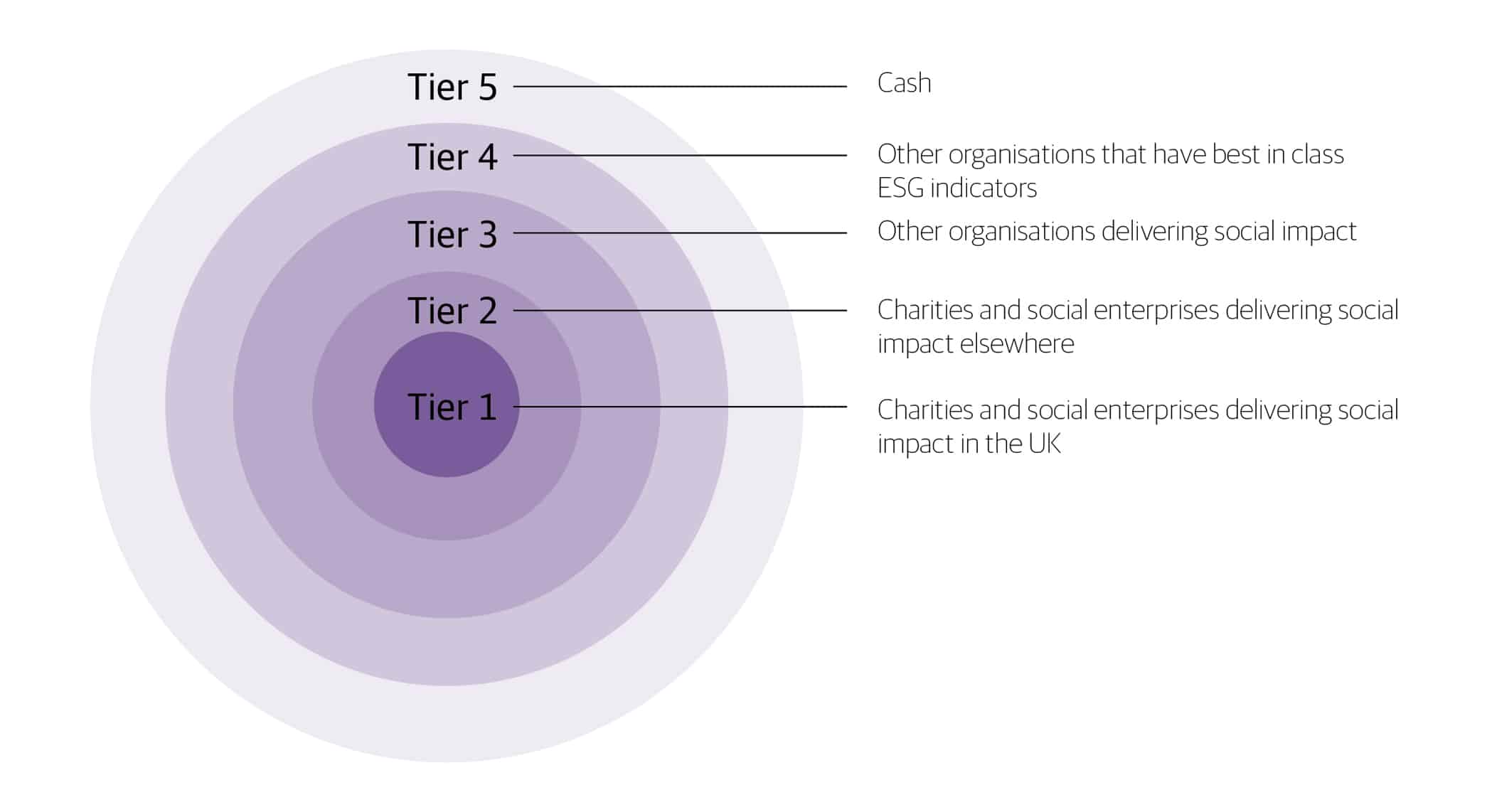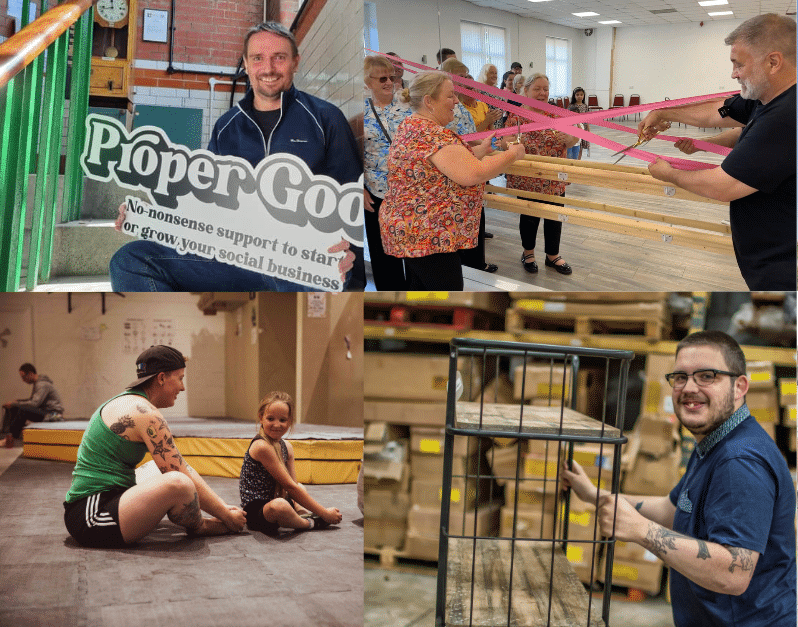Homeless Link, the national membership organisation for homelessness and supported housing agencies, is launching a £4.5 million Social Investment Fund for charities and social enterprises across England working to reduce homelessness. The programme is the first of its kind exclusively for the homelessness sector and one of very few sector-specific funds in existence.
Homeless Link will invest the money over the next three years, offering homelessness organisations unsecured loans of amounts between £25,000 and £150,000.
The aim of the fund is to test and learn where social investment can be most effectively used alongside other forms of funding to improve outcomes. It is looking to support organisations to:
- increase the homelessness sector’s knowledge and experience of social investment
- develop new models for income generation and funding
- improve their long-term sustainability
Homeless Link will introduce the fund to the sector at an event on Monday 19 June in Central London.
Homeless Link’s Director of Strategy and Innovation, Mark McPherson, commented:
“This fund is an exciting initiative, and we hope that the investments will unlock innovative ways of working with people experiencing homelessness, and help to put the recipient organisations on a sustainable footing.
“Importantly, the programme will also help feed in to the bigger picture of how different funding mechanisms can work for homelessness services.
“Social investment is increasingly being explored and used in the non-profit sector, offering a balance of accountability for results, and flexibility around use and repayment. Homeless Link intends to lead the way in understanding the role of social investment in our sector so that we can continue to support our members’ development.”
Seb Elsworth, Chief Executive of Access commented:
“Homeless Link’s fund is a great step forward in making social investment more accessible and relevant to charities and social enterprises seeking to tackle homelessness. It is also a great step forward for a membership body in the sector to play such an innovative role in connecting their members to capital and helping them develop new operating models.
We look forward to working with more infrastructure bodies to help grow social investment in other parts of the charity and social enterprise sector too.”













